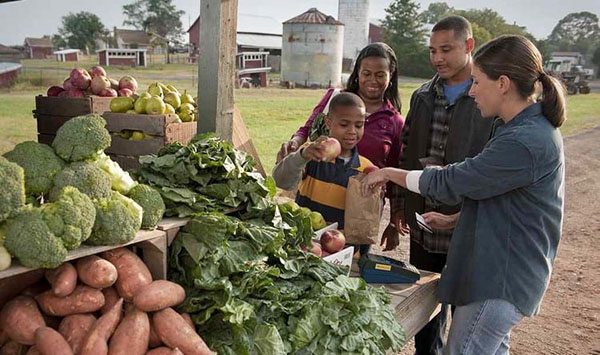According to the Food and Agriculture Organization of the United Nations (FAO), of all the food produced worldwide, 14 percent—estimated at approximately USD$300 billion—goes to waste each year along the food supply chain, from farms to the retail market, while an additional 17 percent is wasted at the retail and consumer levels. At farms, food may be lost due to drought, pests, or overproduction. At the retail and consumer levels, food waste often results from overbuying due to poor planning or badly managed inventory. Food waste poses both a food security problem in terms of access to adequate food and nutrition and an environmental/sustainability problem in terms of energy use, water use, water pollution, and greenhouse gas production. See also: Agriculture; Environmental impact of food waste; Food; Greenhouse effect; Nutrition; Sustainability; Water conservation; Water pollution

According to a study by the Institute of Environmental Science and Technology of the Universitat Autònoma de Barcelona, food wastage—as measured by fruits and vegetables (produce) thrown away—at supermarkets and grocery stores, which supply about 81 percent of the world’s population, is up to 80 percent higher than at food cooperatives, farmers markets, and farms or farm stands. The study found that food cooperatives, farmers markets, and farm stands throw away one to two percent of the produce they sell, while supermarkets and grocery stores throw away five to 10 percent of their produce. The reason for the discrepancy seems to be that consumers who have a close or direct relationship to producers tend to be more environmentally conscious and purchase less aesthetically pleasing produce that might not otherwise make it to supermarkets or grocery stores. See also: Fruit; Horticultural crop
According to the U.S. Environmental Protection Agency, people can reduce food waste by planning meals carefully, avoiding over-buying, storing food properly, and using stored food in a timely manner to avoid spoilage. Donating food that otherwise would not be consumed prior to spoilage and composting food scraps are practices that reduce food waste and keep wasted food out of landfills. Supermarkets and grocery stores can reduce food waste through supply-chain and inventory management as well as by complying with the “use by” label instead of the “best by” label, which does not specify whether food is safe or unsafe for consumption. See also: Food preservation; Inventory control; Supply chain management
Keywords





